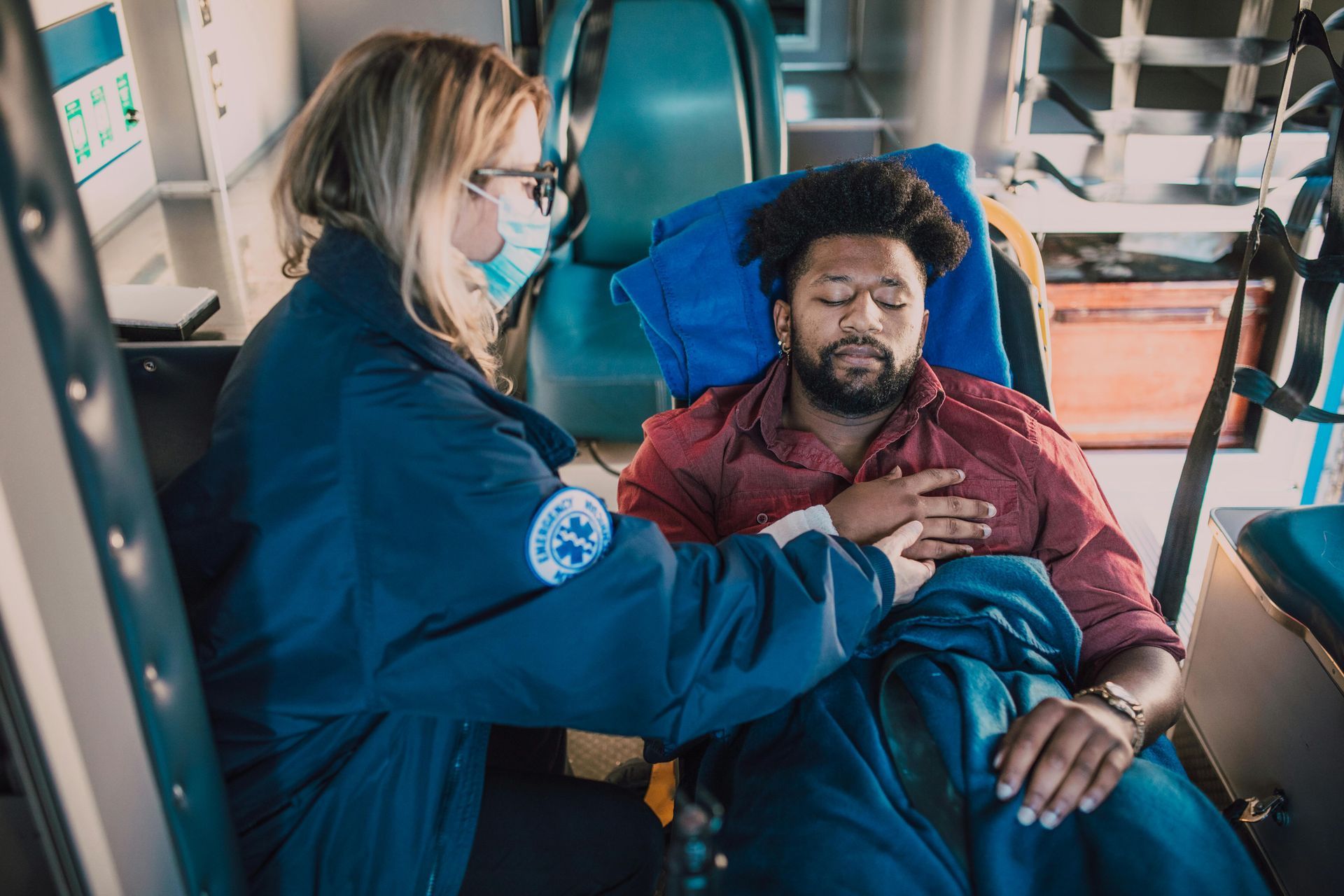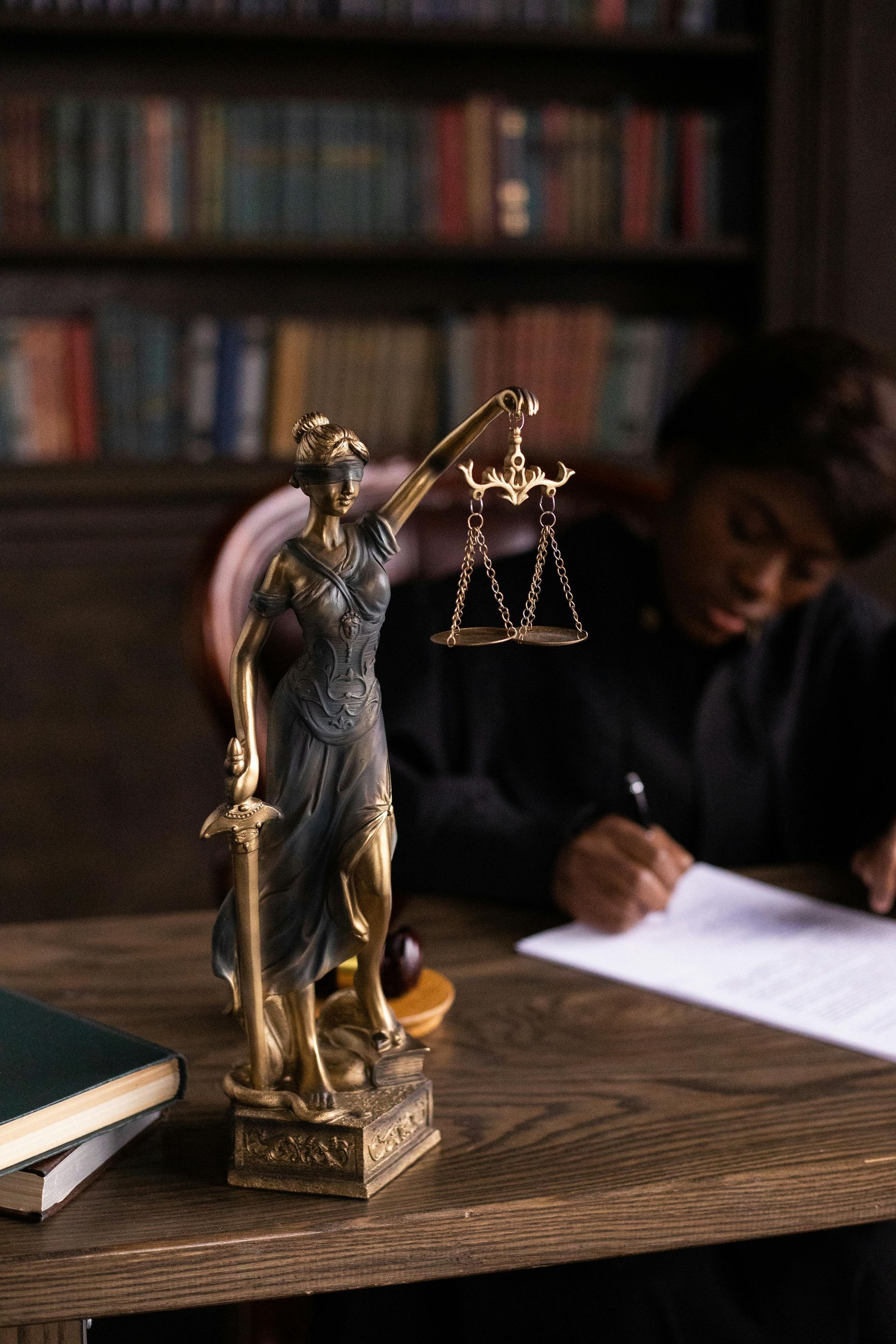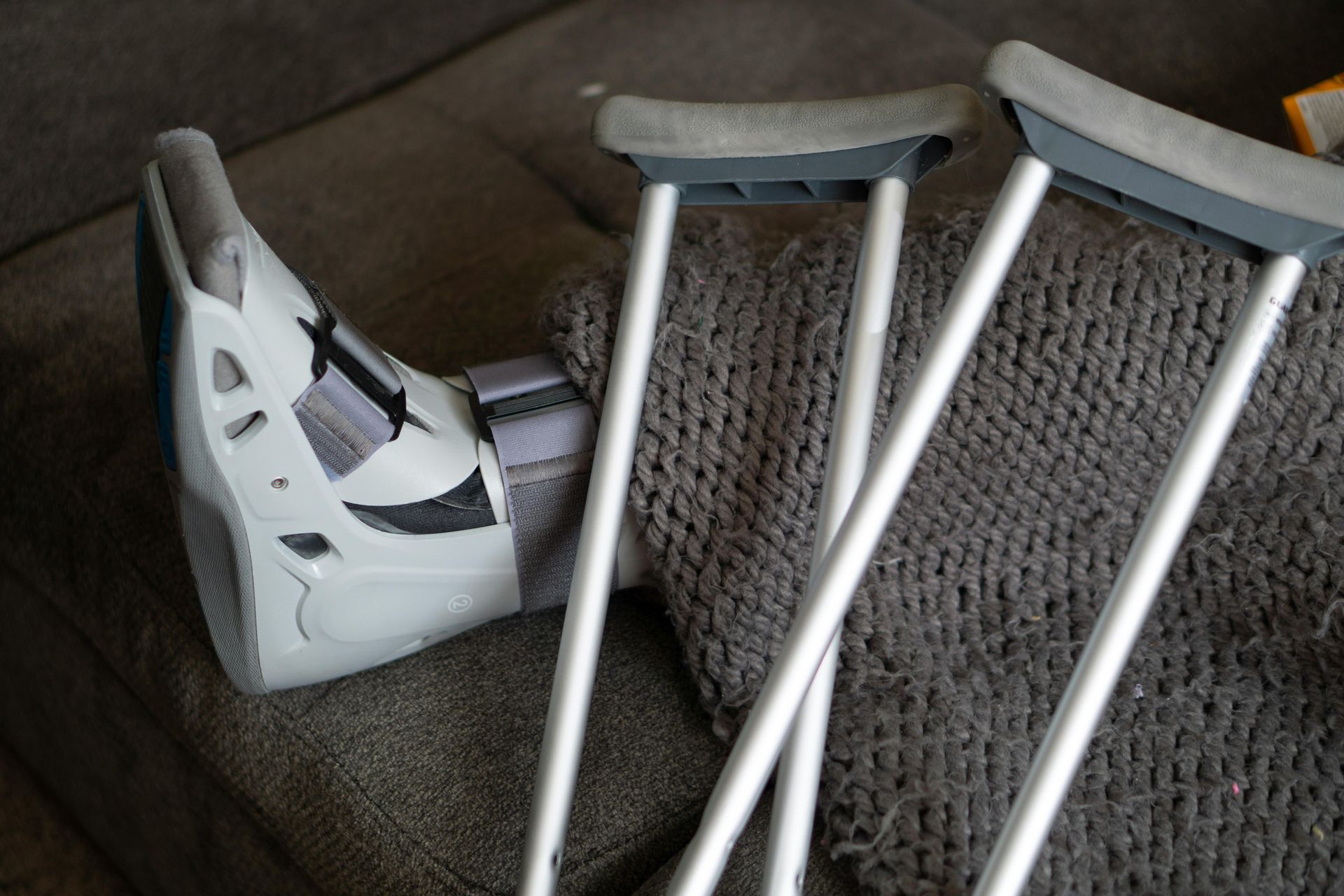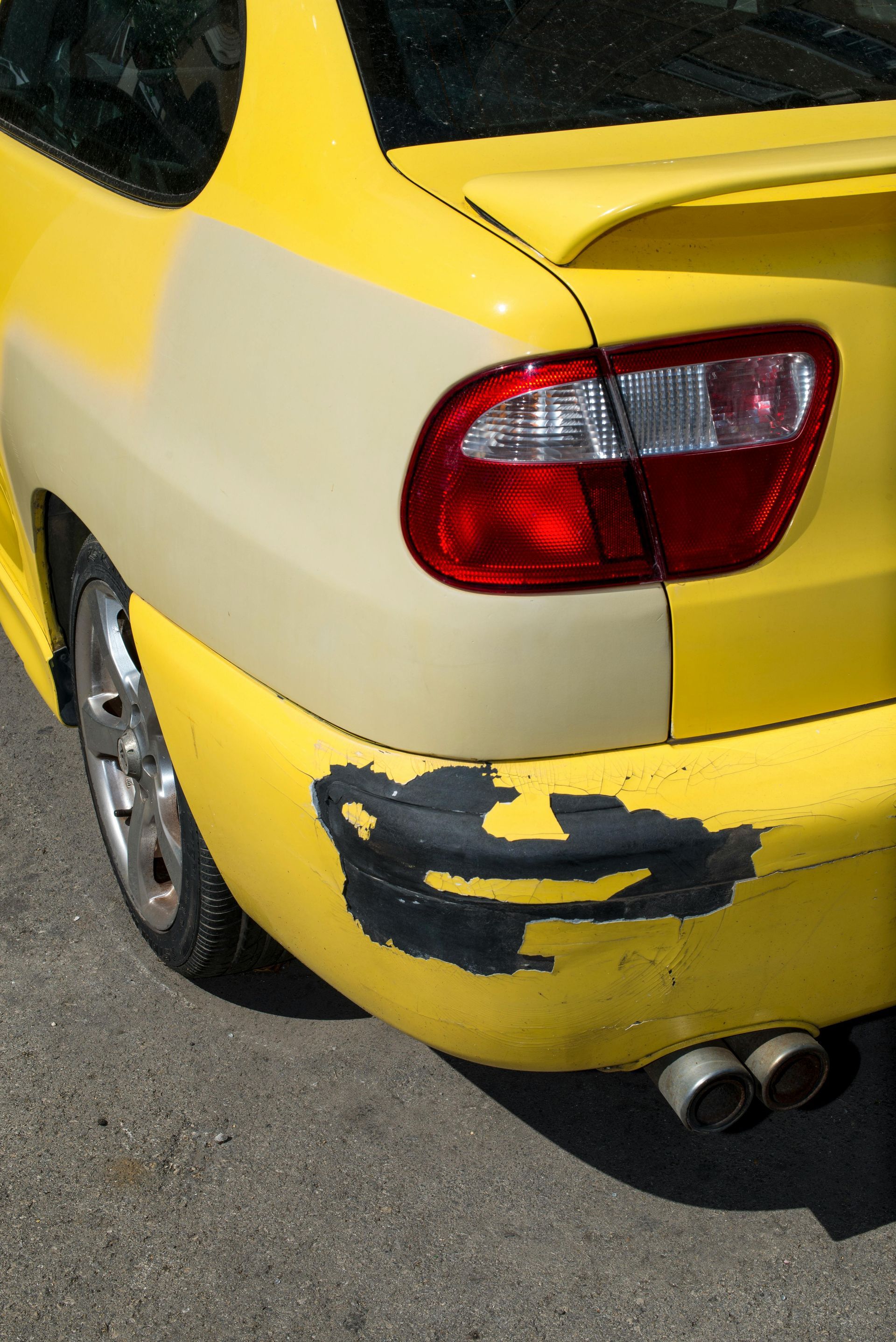Rear-End Collisions: Liability and Compensation in Miami Auto Accidents
Miami's bustling roadways and heavy traffic make rear-end collisions an all-too-common occurrence. These accidents are often dismissed as simple "fender-benders," but they can result in serious, life-altering injuries and complex legal challenges. According to the National Highway Traffic Safety Administration (NHTSA), rear-end crashes are the most frequent type of collision, accounting for nearly 30% of all accidents. In a high-traffic area like Miami-Dade County, which sees over 80,000 accidents annually, understanding the specifics of these crashes is crucial for anyone who has been involved in one.
At Lett Law Firm, we recognize the physical, emotional, and financial toll that a rear-end collision can take. Ariel Lett, ESQ., the Founding Attorney of Lett Law Firm, is one of Miami's Top Criminal Defense, Personal Injury, Car Accident, and Civil Rights Violations Lawyers. We are dedicated to helping you "Get The Justice That You Deserve." This blog post will clarify the complex issues of liability and compensation specific to rear-end collisions in Florida.
Who is at Fault in a Rear-End Collision? The Rebuttable Presumption
In Florida, the law regarding rear-end collisions operates under a "rebuttable presumption" that the rear driver is at fault. This means that the law assumes the driver who hit the car in front of them was negligent. This presumption is based on the idea that drivers should maintain a safe following distance and be attentive to the traffic ahead, allowing them to stop safely if the vehicle in front stops.
The presumption of fault is strong, but it's not absolute. It can be challenged, or "rebutted," if the rear driver presents compelling evidence that the front driver contributed to the accident. A successful rebuttal might involve showing that the lead driver:
- Stopped abruptly and unexpectedly for no valid reason.
- Had malfunctioning brake lights or no brake lights at all.
- Reversed or swerved suddenly and without warning.
Even with a strong legal presumption, it is critical to gather all possible evidence to support your case. Police reports are often the first piece of evidence, but they are not the final word on fault. A skilled attorney will use all available resources—including dashcam footage, witness statements, and accident reconstruction—to prove liability.
Florida's No-Fault Insurance System and Its Impact
Florida is a "no-fault" state, which means that after an accident, your initial source of compensation for medical bills and lost wages is your own insurance policy, regardless of who was at fault. This is handled through Personal Injury Protection (PIP) coverage.
Personal Injury Protection (PIP)
All Florida drivers are required to carry at least $10,000 in PIP coverage. This insurance pays for 80% of your medical expenses and 60% of your lost wages, up to the $10,000 limit. To be eligible for these benefits, you must seek medical treatment within 14 days of the accident. It's a critical deadline you cannot afford to miss. PIP is designed to provide quick access to funds for medical care without the need for a lengthy legal battle over fault. However, $10,000 is often not enough to cover the full extent of injuries from a rear-end crash.
When You Can Sue the At-Fault Driver
The no-fault system is not a perfect solution for all accidents, especially when injuries are severe. If your damages exceed the $10,000 PIP limit or if you've suffered a "serious injury," you may be able to step outside the no-fault system and pursue a personal injury lawsuit against the at-fault driver.
Florida law defines a "serious injury" as one that results in:
- Permanent injury.
- Significant and permanent loss of an important bodily function.
- Significant and permanent scarring or disfigurement.
- Death.
Many injuries commonly sustained in rear-end collisions can meet this threshold, including:
- Whiplash: This is the most common injury in rear-end collisions. The rapid forward-and-backward motion of the neck can cause severe soft tissue damage, headaches, and chronic pain.
- Traumatic Brain Injuries (TBI): The forceful jolting can cause the brain to impact the skull, leading to concussions or more severe TBIs, even without direct head trauma.
- Spinal Injuries: Herniated discs, fractured vertebrae, or other spinal cord damage can result in chronic pain, limited mobility, or even paralysis.
- Broken Bones: Drivers and passengers may suffer fractures to wrists, arms, or ribs from the impact or from bracing themselves against the steering wheel or dashboard.
The Importance of a Skilled Miami Attorney
Navigating the aftermath of a rear-end collision in Miami is complex. While the legal presumption of fault may seem to favor you, insurance companies have powerful legal teams that will work tirelessly to minimize or deny your claim. They may argue that your injuries were pre-existing or that the accident was not severe enough to cause the harm you've claimed.
An experienced personal injury attorney is your best ally in this fight. A lawyer can:
- Investigate the Accident: They will work to gather crucial evidence to prove the other driver's negligence and to rebut any attempts by the defense to shift blame.
- Negotiate with Insurance Companies: An attorney will handle all communications with insurance adjusters, preventing you from making statements that could harm your case. They will fight for a fair settlement that covers all your damages.
- File a Lawsuit: If the insurance company refuses to offer a fair settlement, a lawyer can file a lawsuit and represent you in court.
In Florida, the legal landscape has become more challenging for plaintiffs. The state has a comparative negligence system, meaning that if you are found to be partially at fault, your compensation can be reduced by your percentage of fault. For instance, if you're found 10% at fault, your settlement would be reduced by 10%. Recent tort reform has made this even more stringent, introducing a modified comparative negligence standard where if you are found to be more than 50% at fault, you cannot recover any damages. This makes having an experienced attorney to argue your case more important than ever.
Conclusion
Rear-end collisions in Miami are more than just an inconvenience; they are serious events that can have lasting effects on your health and financial well-being. While Florida's legal system provides a framework for addressing these accidents, it is not without its complexities. The rebuttable presumption of fault, the limitations of the no-fault PIP system, and the need to meet the "serious injury" threshold all require a thorough understanding of the law.
If you have been injured in a rear-end collision, do not try to handle the legal process on your own. The insurance companies are not on your side.
Ariel Lett, ESQ., the Founding Attorney of Lett Law Firm, is one of Miami's Top Criminal Defense, Personal Injury, Car Accident, and Civil Rights Violations Lawyers. We have the experience and dedication to fight for your rights and ensure you receive the compensation you deserve for medical bills, lost wages, and pain and suffering. Let us help you
Get The Justice That You Deserve.
Disclaimer: This blog post is intended for informational purposes only and does not constitute legal advice or create an attorney-client relationship. Slip and fall laws in Florida are complex and fact-specific. You should consult with a qualified Florida personal injury attorney regarding your particular situation. Contact Lett Law Firm for personalized legal counsel.
Lett Law Firm Blog











